Gastromasa comes to Ukraine: A new major food conference for 2022
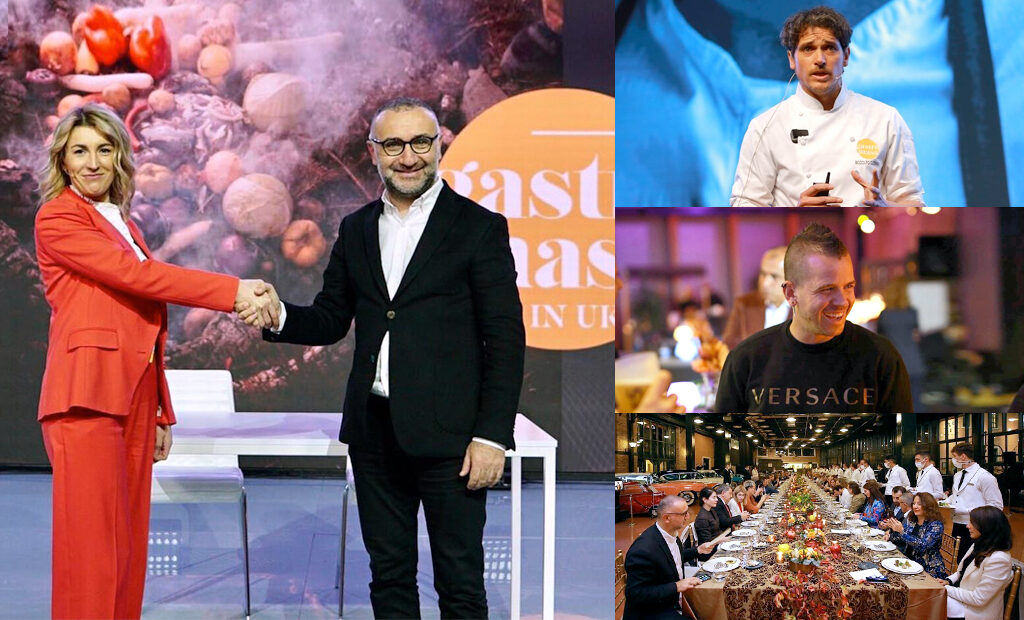
“The theory of nationalism represents Marxism’s great historical failure,” said Tom Nairn – and as a reflection of his words, almost any traces of communism are disappearing from the streets and maps of modern Ukraine. The young and free country has thrown its weight into the search for identity and cultural heritage somewhere in the pre-Soviet past. Many Ukrainians believe that the answer lies in their national cuisine.
At the end of November, foggy Kyiv greeted foreign guests with style and a bit of a chill. The statues have been removed from the city, but monumental buildings from the Stalinist dictatorship still cast their bulky shadows on passersby. Blue and yellow flags flutter in the wind from balconies and rooftops, indicative of the importance of unity in the turbulent period Ukraine is still going through.
Gastromasa founder Gökmen Sözen arrived in the capital to sign a memorandum with the head of the State Agency for Tourism Development, Mariana Oleskiv: in 2022, Gastromasa, one of the top five gastronomy organisations in the world, will hold a conference in Kyiv. The event is a big step for the country. In searching for a new way to develop its culture and tourism, it is essential not only to bring foreign chefs to Kyiv for educational purposes and exchange but also to demonstrate Ukraine’s potential with authentic recipes and rare, high-quality products.
Nowadays, the trend towards the exploration of traditional Ukrainian cuisine is clearly visible in the restaurant business in Kyiv. At 100 Rokiv Tomu Vpered, chef Ievgen Klopotenko serves a set menu based on ancient Slavic mythology. Among the ingredients, one can find many classic tastes of Ukraine and Eastern Europe: kvass, Cahors wine, buckwheat, bryndza cheese and a combination of herring and beetroot.
There is a bee atop a catfish dish – apparently a questionable move in a moment when everyone is talking about the extinction of bees, but the chef explains that the insect died of natural causes. Propolis is strongly apparent in the taste of the tiny crunchy insect and the whole dish is complemented by cucumber, honey, Cahors sauce, peache and kvass foam. It is intense and provocatively sweet, the soft texture of the fish drowned in the abundance of flavours, absorbing them like a sponge. The wine paired with this plate is Chardonnay Orange 2019 by Biologist, which the chef notes is, “Young and creative, like Ukraine itself.”
Klopotenko spares no effort to ensure that guests are truly impressed by the dining experience. For example, diners are asked to put a pair of wooden cups to their ears to immerse themselves in the sounds of trees (truth be told, at a restaurant I normally prefer to be impressed by the food). This experience is followed by a fresh and crunchy green peas, salsify, Guslianka and fermented buckwheat. However, the true star of this set is the simple combination of sourdough bread, fresh sunflower oil and dried elderflower and camomile. It is a delightful process to pour oil with a rich aroma onto a plate and dip a slice of fresh bread into it.
The restaurant’s chef is a well-known patriot of Ukrainian cuisine, who even started a campaign to place Ukrainian borscht on UNESCO’s world heritage list (the country has a long dispute with Russia about the origin of this beet soup). The story goes that in order to draw attention to the problem, Klopotenko brought a pot of borscht to the Ministry of Culture in Ukraine.
At Moon Rabbits Local, chef Andrey Matsyuta also builds his menu on traditional recipes of Ukrainian cuisine, adding a little political twist. The nostalgic Crimean dish, Chebureks, is inspired by his childhood memories of summer holidays in Alushta. Delicious deep-fried turnovers with a filling of minced meat come with a tomato and tzatziki sauce. They are perfect in their simultaneous simplicity and deep symbolism – here people know that food can be a memory, a metaphor, a connection between the past and the present.
The country also realises the importance of sustainability and working with local suppliers: at Hlek, chef Andrey Severenchuk cooks not just Ukrainian but specifically Kyivan cuisine, using products brought in from no more than a radius of 100 km. There’s catfish again, but it’s propolis-free, barbecue glazed and served with fermented spices, freeze-dried blueberries, Jerusalem artichoke puree and pickled cauliflower. A little bit crunchy on the outside and soft and delicate on the inside, it is paired with a light, harmonious Sukholymanske 2020 – a dry white wine recognised by many Ukrainians as one of their favourites.
Another notable dish on the menu is traditional Ukrainian noodles made from wholegrain flour, pesto with sunflower seeds and parsley, goat cheese, and rapana (predatory sea snails inhabiting the Black Sea coastline). The snails are delivered from Odessa, a city almost 500 km away, which comes into a slight contradiction with the announced concept of local products. However, it is a delicate dish, with a discreet mix of textures and flavours – a must-try for anyone who has never tasted rapanas before.
By returning to its roots, the country is rediscovering itself, and it definitely has something to offer the international community. Young and ambitious chefs still have time to hone their skills before next year, when Gastromasa will showcase the gastronomic wealth of Ukraine to the whole world.
Elizaveta Kolesova
Photos: Gastromasa / Elizaveta Kolesova / 100 Rokiv Tomu Vpered / Moon Rabbits Local / Hlek
For further information visit the Gastromasa website here.

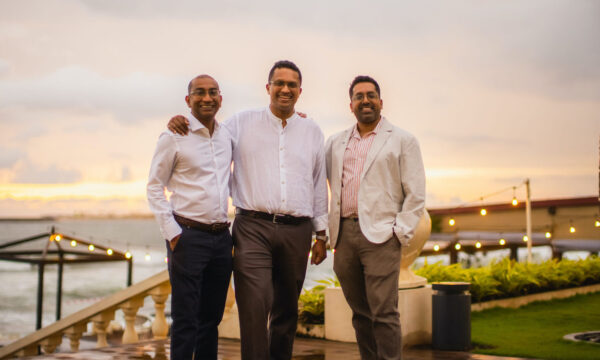
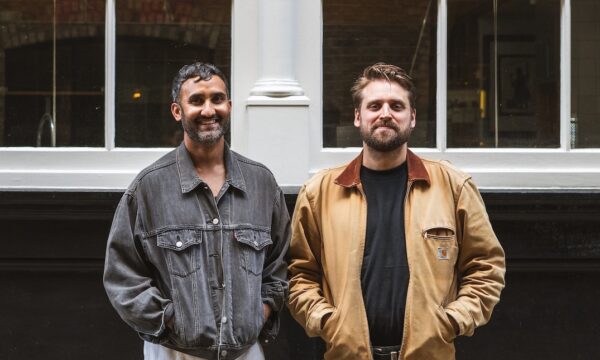
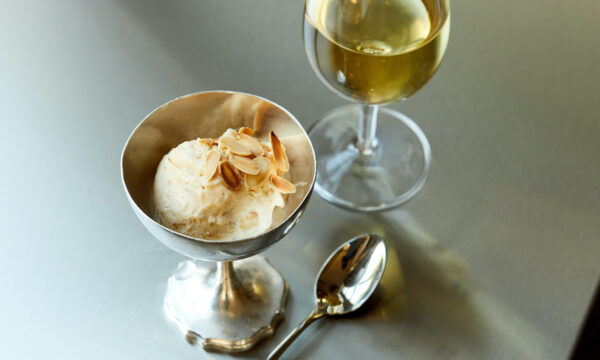
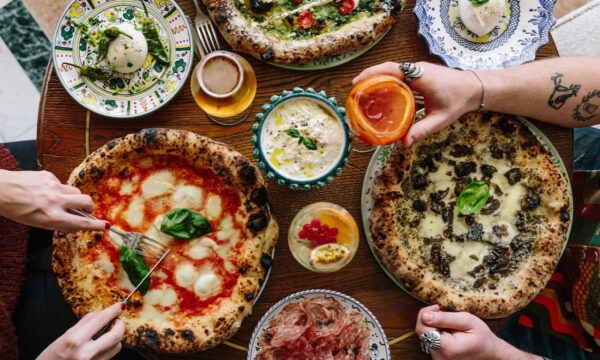
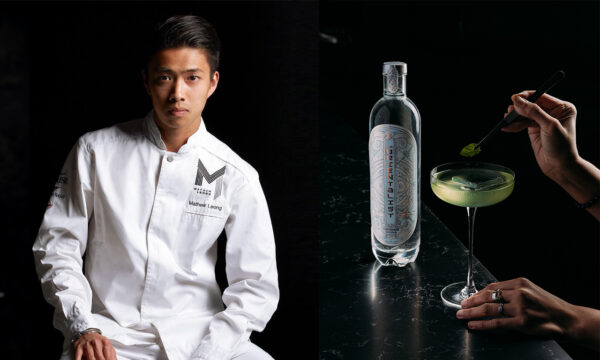
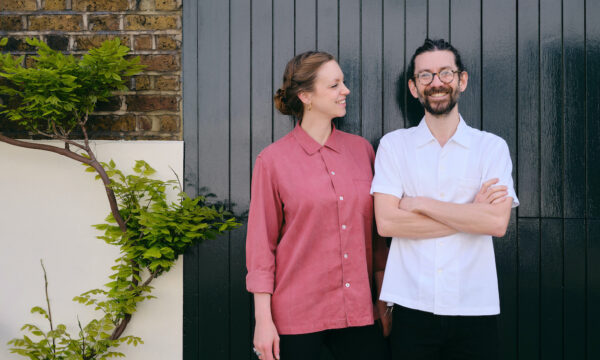
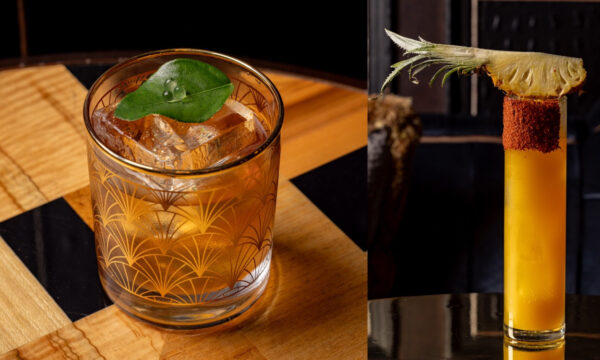
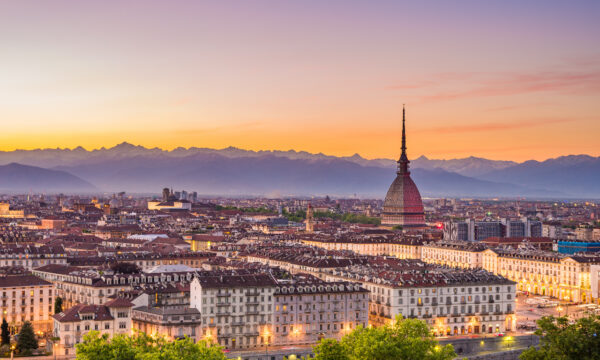











Facebook
Twitter
Instagram
YouTube
RSS